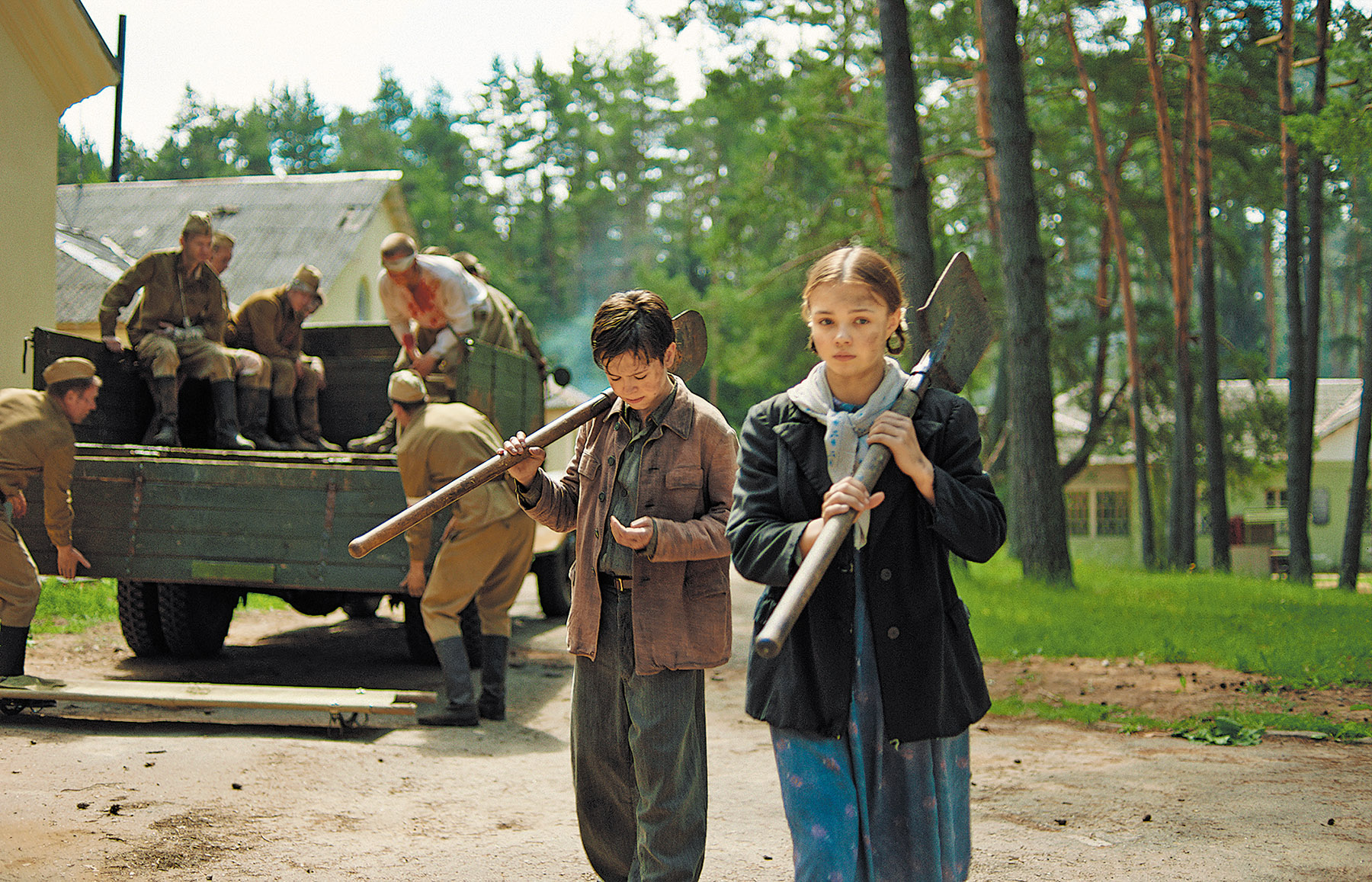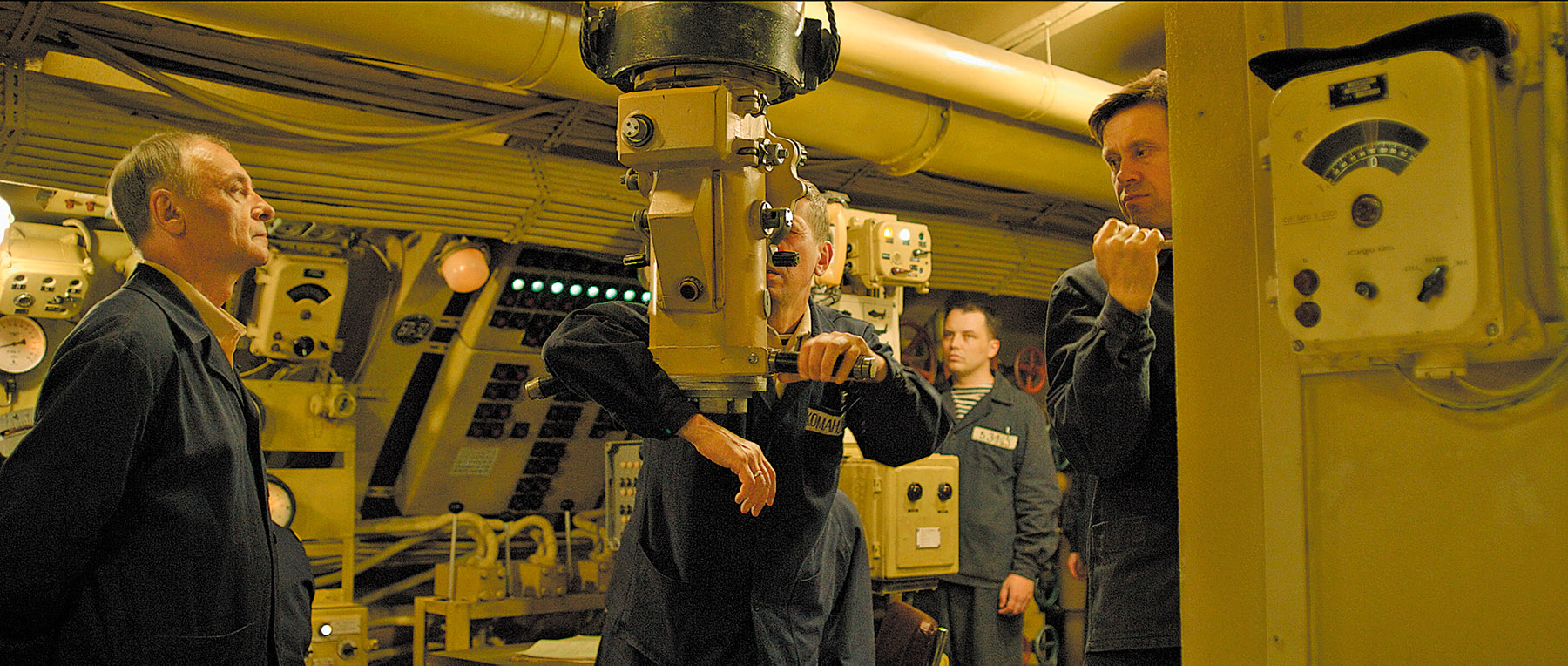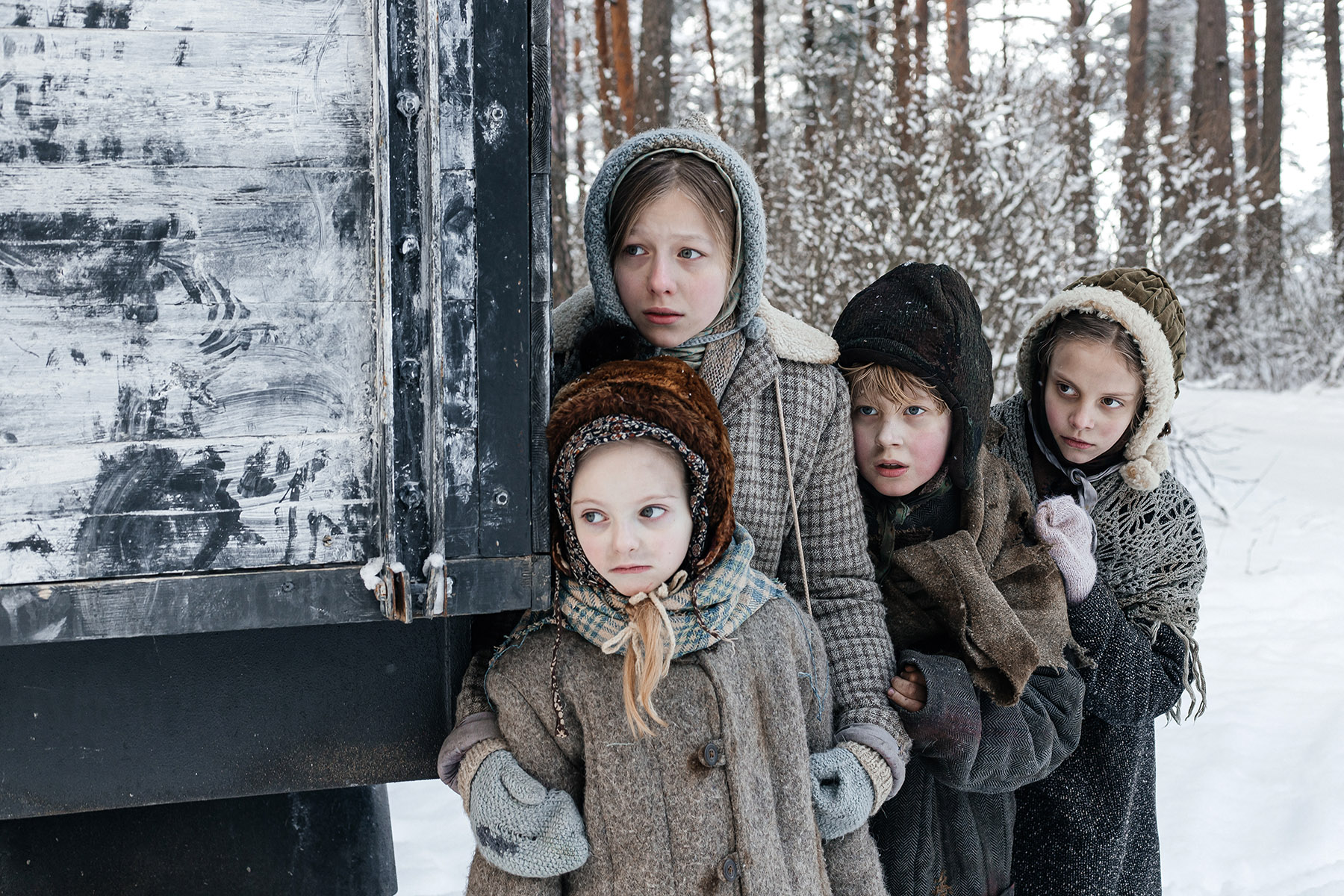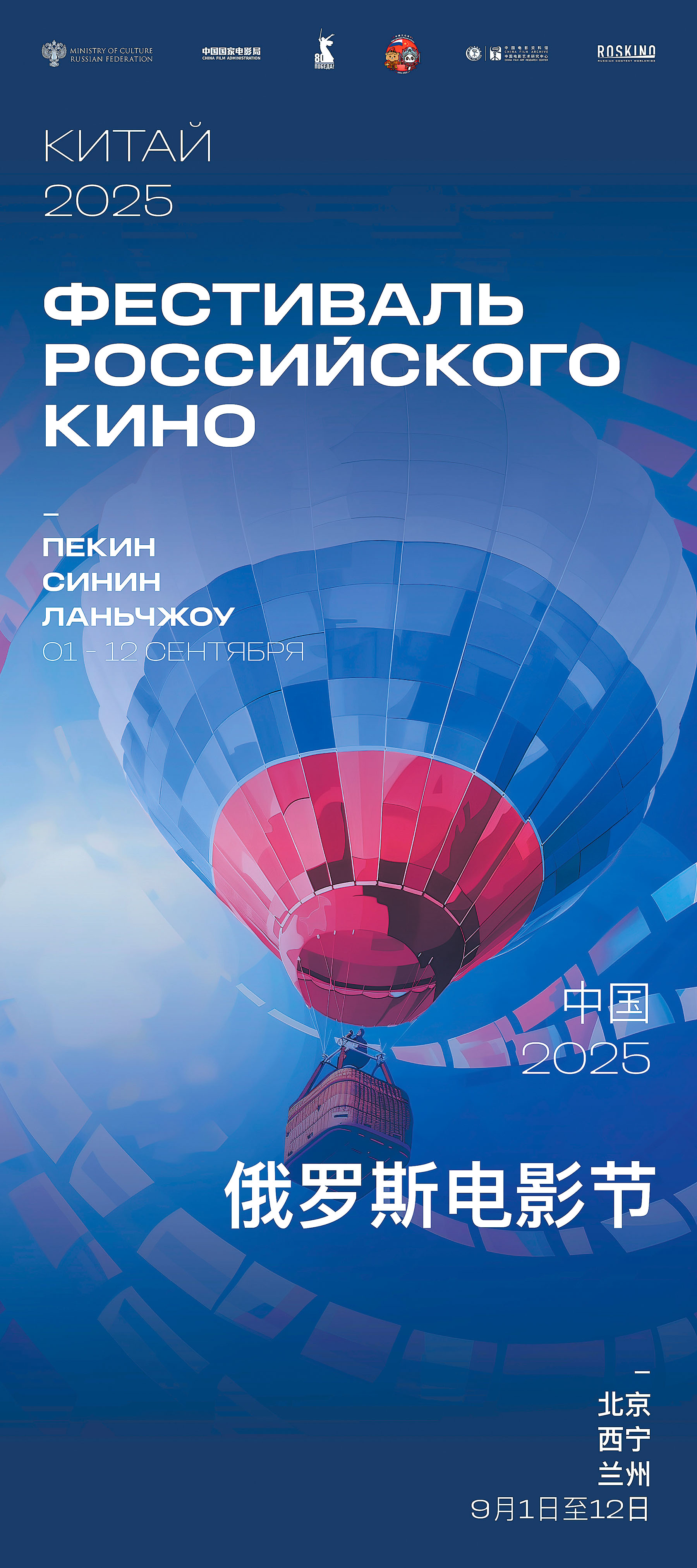A festival tour brings together history, imagination and the growing bond between two movie industries, Xu Fan reports.

From the fantasy romance I Am Dragon to the world's first feature film shot in outer space, The Challenge, Russian cinema has repeatedly showcased its unique charm, carving out a niche in China's increasingly diverse film market.
That tradition continued this month with the recent 2025 Russian Film Festival, which traveled to three cities — Beijing, Xining in Qinghai province, and Lanzhou in Gansu province — screening a total of eight movies between Sept 1 and 12.
His Name Was Not Listed, the opening film of the festival, is adapted from the eponymous novel penned by Russian writer Boris Vasilyev, whose most famous work familiar to a generation of Chinese audiences is the 1969 novel The Dawns Here Are Quiet.
READ MORE: Chasing a crimson cipher
The story of the film opens on June 21, 1941, the day before the Defense of the Brest Fortress — the first major battle of the German invasion of the Soviet Union. A young lieutenant, newly assigned to permanent service, rushes to join his unit at the fortress. Before he can even be officially registered with the garrison, artillery fire erupts at 4 am, marking the brutal beginning of a siege that would rage for 10 months.
Sergei Korotaev, the film's director, tells China Daily that he had long been immersed in the novel's world and felt bound to the pain and courage of its protagonist, whose love for his motherland drives him to fight against overwhelming odds.
The director goes on to elaborate on the novel's enduring legacy, saying: "It's a classic whose magic has never faded with time. Interestingly, the film's release in Russia sparked a renewed passion for the book — sales surged by nearly 70 percent."
Brest, formerly known as Brest-Litovsk and Brest-on-the-Bug, is now a city in southwestern Belarus on the border with Poland. Its defense remains a symbol of resistance and sacrifice.
"Most of the soldiers who fought in the battle were very young, with an average age of about 22. The war broke out without warning. Many didn't even have time to grab their weapons — instead, they seized whatever was at hand, such as bricks or sticks, to join the fight. Yet, their enemy was the well-trained German army, equipped with some of the most advanced weapons in Europe," says the director, highlighting the war's brutality.



Of the eight films selected for this year's festival, half are set against the backdrop of 20th-century conflicts, particularly World War II or the Cold War. Aside from His Name Was Not Listed, the other three movies are all adapted from real-life events: Carusa (also Karuza), about a boy and his puppy; Blood Type, a harrowing account of Nazi atrocities at a children's concentration camp; and The North Pole, which recounts the voyage of the first Soviet nuclear submarine, K-3, under the ice of the Arctic Ocean.
The rest of the festival's selection includes three fantasy tales — The Frog Princess, Finist the First Warrior, and The Bremen Town Musicians — and one sci-fi romance, HomE, which fictionalizes an AI robot's yearning to establish a bond with a genius AI developer.
Carusa begins in 1939 with a young boy, Mitya, receiving a puppy as a gift. Their idyllic life is shattered a few years later by the outbreak of the Great Patriotic War and the devastating siege of Leningrad. As Mitya's family starves amid the brutal conditions, their loyal dog risks everything, even a deadly minefield, in search of food.
Sergei Bagirov, a producer of Carusa, shares an interesting behind-the-scenes story with China Daily about how the crew used a trick to get the dog "actor" to perform.
"When we needed the dog to pick up a piece of meat, we froze it first so it had no smell. That way, the dog would fetch it tamely," he says with a big smile.

Bagirov also reflects on his decades-long connection with China. His first trip was to Shanghai some 30 years ago, while producing an espionage series for Russian television.
"Since then, I have visited China many times and have always been welcomed warmly. I've also had the opportunity to delve deeper into Chinese culture and the film industry. Today, the cinematography techniques of Chinese filmmakers are far more advanced than they were decades ago," Bagirov says.
This year also marks the 80th anniversary of the end of World War II, a milestone that has intensified Russian cinema's focus on war stories. Bagirov notes that the popularity of war films has surged, fueled by audiences' desire to revisit and reflect on pivotal moments of history. "It is a chapter of history that deserves to be retold and respected on the silver screen," he says. "It's also a crucial theme for filmmakers to engage with."
ALSO READ: Epic saga of survival in freezing wartime
Noting that China has a yearly output of around 1,000 feature-length films, while Russia's number is estimated at around 200, Bagirov says he wishes to see more collaboration between the two nations. "Russia has many beautiful landscapes that would make excellent film sets. We hope more Chinese filmmakers will come to shoot here."
Director Korotaev also highlights the major strides made by the Chinese film industry — an impression formed during his three trips to China — with the earlier two visits to Chongqing and East China's Zhejiang province.
"Cinema is a major driver of cultural promotion in the global entertainment market. I believe stories that resonate with a Russian audience can also touch audiences in China. The most successful movies share a key similarity: they focus on individual fates and introspection, carrying a universal power that transcends borders," says Korotaev.
Contact the writer at xufan@chinadaily.com.cn


